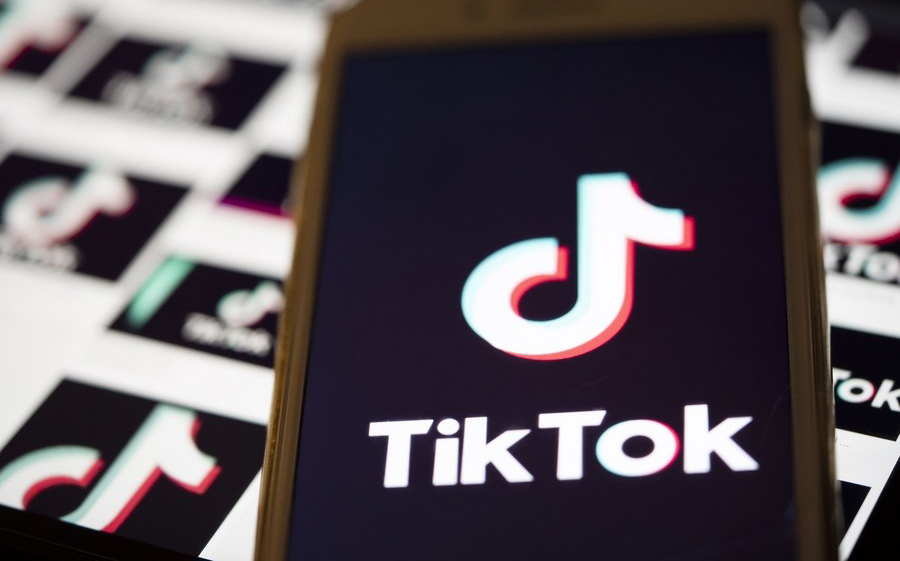US targeting of TikTok tramples fair competition, free market
- By Sajjad Malik
 0 Comment(s)
0 Comment(s) Print
Print E-mail China.org.cn, August 12, 2020
E-mail China.org.cn, August 12, 2020

A rule-based system of investment and trade backed by all major global players is considered the soul of the modern economic order. U.S. President Donald Trump, however, has destroyed this order by trying to smear the popular video-sharing app TikTok.
President Trump has carried out a sustained campaign for weeks against the app, trying to paint it as a national security threat to America. After creating a hostile environment, Trump set Sept. 15 as the deadline for the purchase of TikTok by any local company, otherwise, he stated that he will use his powers to shut down the platform in the U.S.
In a new and controversial move, Trump has signed two executive orders, setting a 45-day deadline for all companies in the U.S. to stop doing business with both TikTok and WeChat.
Previously, all of the biggest social media platforms were owned by U.S. companies until their monopoly was challenged by TikTok, which is becoming increasingly popular in the United States. The app has currently been downloaded over 175 million times in the U.S. and over 1 billion times globally. According to the U.S. executive order, such a "huge number" of followers has become a "problem." The U.S. administration alleges that the app automatically captures "vast swaths of information" from its users, thereby posing a risk to national security.
Making allegations without providing any evidence is unjustifiable. It is difficult to fathom why the U.S. administration has even invoked the special executive powers to stifle rival businesses, which will trample upon the rights of others to carry out lawful business and activities.
The rules of the international economic order have been set up to ensure a fair playing field for all involved. There is no doubt that the moves by the U.S. administration against TikTok go against the spirit of a free market. Such unfair competition will not only widen the gulf of mistrust with other nations, but also erode the reputation of the United States.
Trump's actions may generate short-term gains, but in the long run, such moves will have a detrimental impact on business confidence. They will deal irreparable harm to economic globalization, as it is likely other nations will start erecting barriers in the wake of such circumstances in order to safeguard their own commercial and strategic interests. On the other hand, using state power to gain commercial advantages may also stifle innovation and undermine competition in the United States, which will ultimately damage the country's interests in the long run.
Sajjad Malik is a columnist with China.org.cn. For more information please visit:
http://m.keyanhelp.cn/opinion/SajjadMalik.htm
Opinion articles reflect the views of their authors, not necessarily those of China.org.cn.
If you would like to contribute, please contact us at opinion@china.org.cn.





